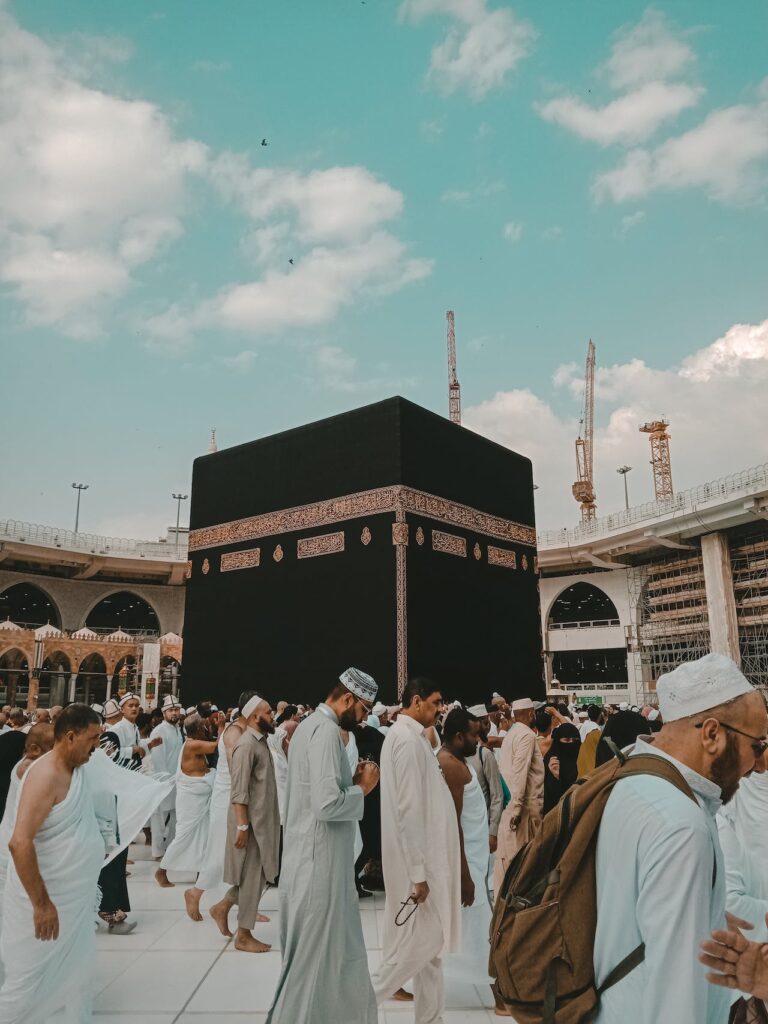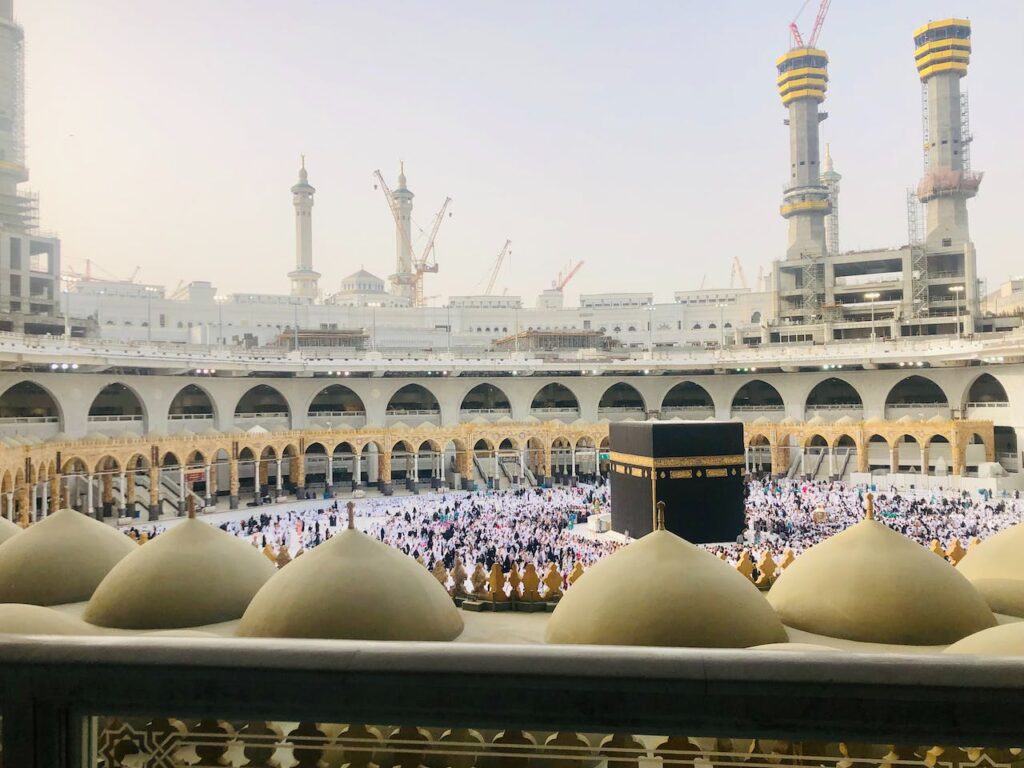Tawaf, the circumambulation of the Kaaba, is a central ritual of Hajj and Umrah. While the obligatory Tawaf is a fundamental aspect of these pilgrimages, there is also a voluntary Tawaf that holds significant spiritual merit. In this article, we will explore the concept of this Tawaf, and its rules, and provide useful tips to enhance your experience. Whether preparing for a pilgrimage or seeking a deeper understanding of Islamic rituals, this guide will shed light on the beauty and rewards of engaging in this Tawaf.
Understanding Voluntary Tawaf
It refers to the act of circumambulating the Kaaba beyond the obligatory Tawaf. It is an additional act of worship that enables Muslims to earn extra rewards and seek closeness to Allah. While the obligatory Tawaf fulfills the requirements of the Hajj or Umrah, this Tawaf is performed out of personal devotion and love for Allah.
Performing Voluntary Tawaf Steps
- Before starting Tawaf, ensure you are in the state of Ihram. This involves wearing the Ihram garments. and observing the associated restrictions, such as refraining from certain actions and behaviors.
- As you enter the Masjid al-Haram in Mecca, make your way towards the Kaaba. Take a moment to absorb the awe-inspiring sight and the sanctity of the place.
- Station yourself near the Black Stone, which marks the starting point of each circuit.
- If possible, touch or kiss the Black Stone, but if it is crowded. Raise your hand towards it and say “Bismillah, Allahu Akbar” (In the name of Allah, Allah is the Greatest).
- Start the first circuit by moving in a counter-clockwise direction around the Kaaba. Keep the Kaaba to your left side and proceed at a moderate pace.
- While performing each circuit, engage in supplications, recite Quranic verses, and remember Allah.
- Maintain a consistent pace throughout the Tawaf, neither rushing nor slowing down excessively.
- Be mindful of other pilgrims around you and maintain a respectful distance.
- Complete 7 circuits around the Kaaba, ensuring that you end each circuit at the Black Stone.
- At the completion of each circuit, if possible, touch or kiss the Black Stone or raise your hand towards it and say “Bismillah, Allahu Akbar.”
Rules of Voluntary Tawaf
Firstly, Ihram
Just like obligatory Tawaf, this Tawaf requires entering the state of Ihram, a spiritual and physical state of purity. This involves wearing the prescribed garments and observing the associated restrictions.
Secondly, Circumambulation
It involves performing 7 circuits around the Kaaba in a counter-clockwise direction, just like the obligatory Tawaf. Each circuit begins and ends at the Hajar al-Aswad (the Black Stone).
Lastly, Supplications and Remembrance
During this Tawaf, it is recommended to engage in supplications, recite Quranic verses, and remember Allah. This adds a profound spiritual dimension to the act and deepens the connection with the Divine.
Tips for Voluntary Tawaf
Firstly, Preferred Times
Although voluntary Tawaf can be performed at any time, certain periods hold special significance. The early morning hours, after Fajr prayer, and the last third of the night is highly recommended for engaging in this act of devotion.
Secondly, Lesser Crowded Times
To experience a more serene and focused Tawaf, consider choosing times when the crowds are relatively smaller. Avoid peak hours such as after Friday prayers or during the peak Hajj season.
Lastly, Learn the Supplications
Familiarize yourself with the supplications specific to Tawaf, such as the ones mentioned in the Sunnah. Understand their meanings and recite them with sincerity, as they add depth and meaning to your worship.
FAQs
Q1: Is voluntary Tawaf obligatory?
A1: This Tawaf is not obligatory but highly recommended as an act of devotion and an opportunity to earn additional rewards.
Q2: Can voluntary Tawaf be performed at any time?
A2: Yes, it can be performed at any time, but there are preferred times such as early morning or the last third of the night.
Q3: How many circuits are performed in This Tawaf?
A3: It consists of 7 circuits, similar to the obligatory Tawaf.
Conclusion
In conclusion, Engaging in voluntary Tawaf is a beautiful act of devotion that allows believers to deepen their connection with Allah and earn additional spiritual rewards. By understanding the rules and tips associated with this Tawaf, you can enhance your experience and derive immense spiritual benefit from this sacred ritual. May your journey to the Kaaba be filled with tranquility, blessings, and a profound sense of closeness to the Divine.






